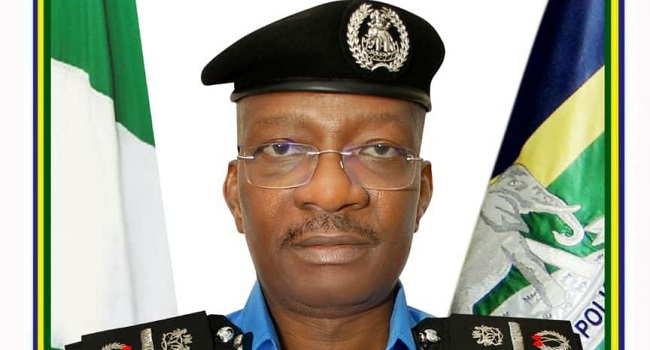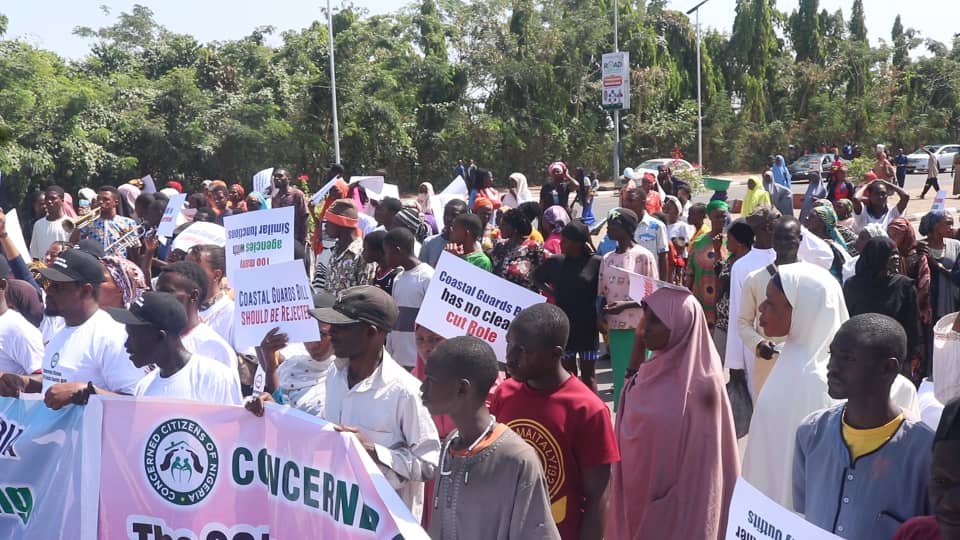LAGOS, Nigeria (CHATNEWSTV) — Inspector General of Police Kayode Egbetokun has criticized Nigeria’s criminal justice system as weak and in need of a complete overhaul, calling for collective action to improve its effectiveness.
Speaking through the Force Public Relations Officer, Muyiwa Adejobi, at the 2024 Annual Lecture and Award Ceremony organized by the Crime Reporters Association of Nigeria (CRAN), Egbetokun urged citizens to work with the police to revamp the system rather than blaming the force for its shortcomings.
“The police is not the only pillar or stakeholder in the criminal justice system in this country,” Egbetokun said. “We have challenges, we accept, but we will try our best to make sure we have a better system. All of us must come together to help perfect the administration of justice in Nigeria.”
Sentiments and Structural Weaknesses
Egbetokun emphasized that while the Administration of Criminal Justice Act (ACJA) 2015 and other laws are in place, their implementation often suffers from misinterpretation and emotional biases.
“The government has made the ACJA and other laws, but the problem we face is that we confuse ourselves and are full of sentiments,” he said, likening the justice system to a sick patient in need of urgent medical attention.
Corruption in the Justice Sector
Musa Adamu-Aliyu, Chairman of the Independent Corrupt Practices Commission (ICPC), echoed the IGP’s concerns, highlighting the pervasive corruption within Nigeria’s justice system.
“Corruption remains one of the most persistent challenges affecting all sectors and institutions of Nigerian society,” Adamu-Aliyu said. “It undermines policy decision-making, resource mobilisation and utilisation, policy execution, and service delivery.”
Adamu-Aliyu pointed out specific issues in the justice sector, including bribery, influence peddling, and attitudinal challenges.
“The justice sector remains a focal point of concern. Despite limited public contact, judicial officials exhibit relatively high bribery prevalence,” he said. “This underscores the need for targeted anti-corruption measures in this sector.”
Call for Multi-Faceted Reforms
Adamu-Aliyu advocated for a proactive, multi-pronged approach to combating corruption, combining enforcement, prevention, deterrence, and systemic reforms.
“Our experience at the ICPC has shown that tackling corruption effectively requires collaboration with key stakeholders across sectors and institutions,” he added.
 Donate
Donate



